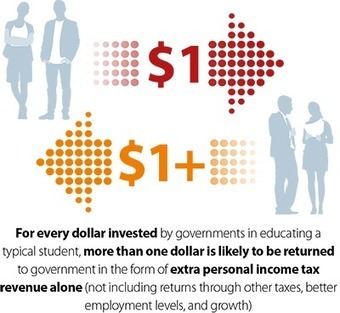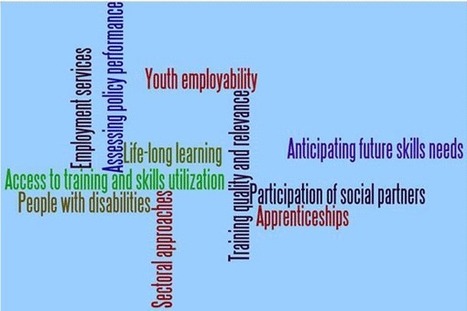Higher vocational and professional tertiary education includes programmes with very different design features and functions, ranging from two-year programmes in tertiary institutions through professional bachelor degrees to free-standing professional examinations designed to upskill existing practitioners. In some European countries the scale of enrolment in the higher vocational and professional tertiary education sector now rivals that in regular universities. But not all countries have established a separate sector; in some countries applied, practically oriented programmes are taught within multi-purpose institutions alongside programmes like history or physics.
This report compares this sector across OECD countries, drawing on quantitative and qualitative data. It describes types of programmes across countries and assesses data quality. The report zooms in on pathways leading into vocational and professional programmes and transitions into further learning or the labour market, as well as the profile of learners served by these programmes and links to the labour market.
Comparative data in this area have major gaps because of the lack of internationally agreed definitions for programme orientation at tertiary levels. This report proposes a three-way classification to resolve this problem and sets out practical tools to implement this and thereby improve data availability and quality.
Research and publish the best content.
Get Started for FREE
Sign up with Facebook Sign up with X
I don't have a Facebook or a X account
Already have an account: Login
Compilation of information related to vocational training in English
 Your new post is loading... Your new post is loading...
 Your new post is loading... Your new post is loading...
No comment yet.
Sign up to comment
|
|















